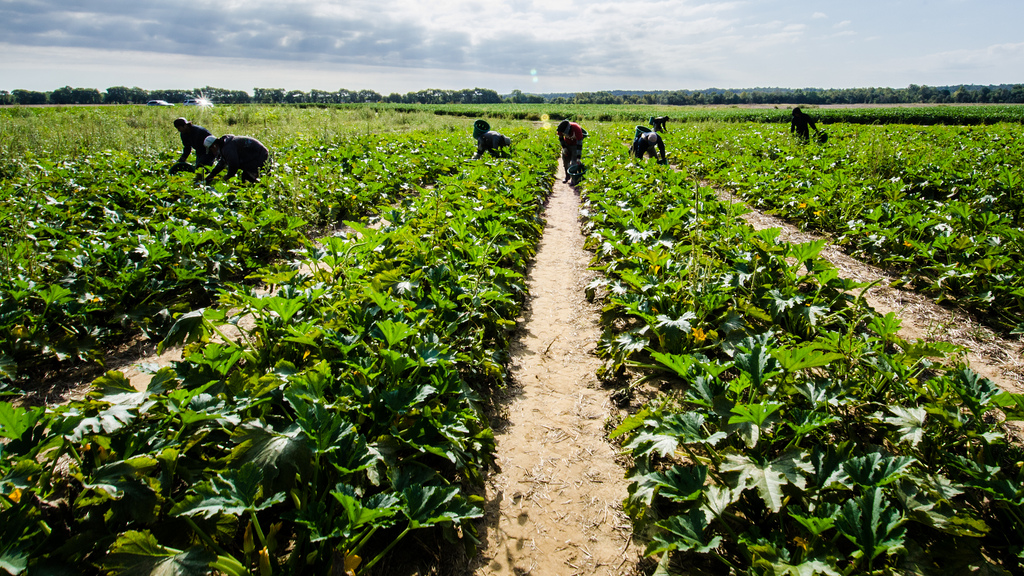Rural bodies have warned the salary thresholds considered as options for the UK’s immigration policy could make it more difficult for farms to employ seasonal workers.
A report published yesterday (Tuesday, January 28) by the Migration Advisory Committee (MAC) ruled out implementing an Australian-style points-based system and recommended lowering the salary thresholds.
It recommended a two-tier system, using points for skilled professions and a salary threshold for lower-skilled jobs. But this could make it harder for seasonal farm workers and agri-food production staff to get entry.
‘Not far enough’
Commenting on the report, CLA president Mark Bridgeman said: “Many of the changes suggested to the Tier 2 system are positive, but they do not go far enough in securing the needs of the rural economy.
“The report calls for the expansion of eligibility to include medium-skilled occupations and has advised the Government to reduce the salary threshold for immigrants from £30,000 to £25,600.
This is a positive step towards Government recognising that industry requires a balance of skilled and unskilled migrant workers, but it must go further and be accompanied by a redefinition what is skilled and unskilled labour.
“If the report’s recommendation to not support lower salary thresholds on the Shortage Occupation List (SOL) – an official list of jobs for which there are not enough resident workers to fill vacancies – is accepted, it will be vital for Government to put forward recommendations on how to meet labour shortages from the domestic supply of workers.
Many rural industries are facing labour shortages in low skilled and low paid sectors, threatening to damage businesses and limit economic growth. It is the Government’s job to ensure rural businesses have access to the workers they need to operate.
“Furthermore, a new immigration system must move away from a definition of skills-based solely on qualifications to a more flexible definition, including skills that are not necessarily quantified with a certificate.”

